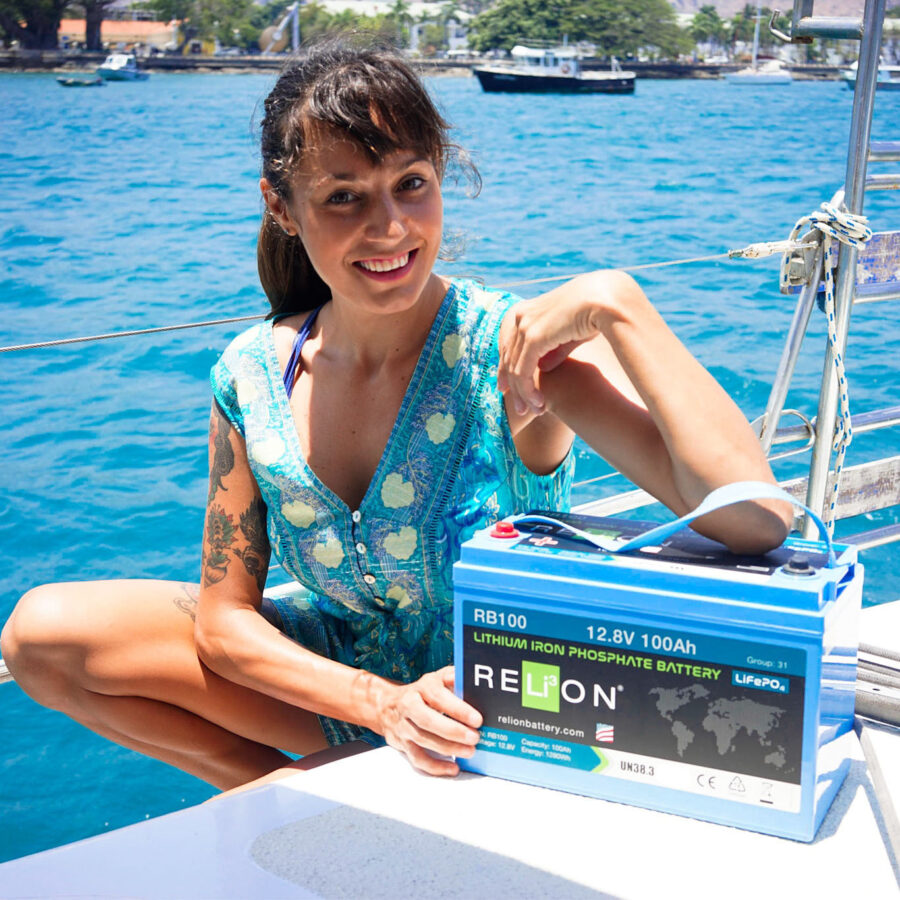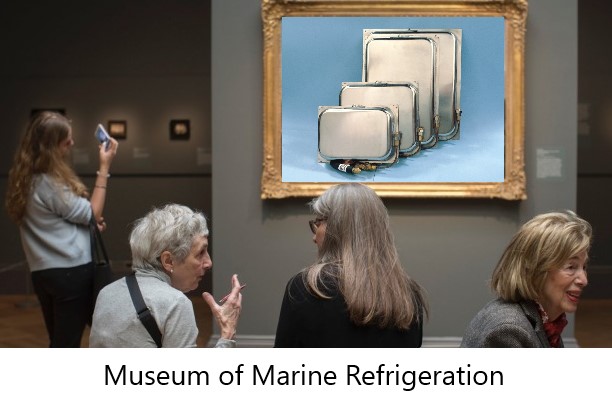Phone: (301) 352-5738
Email: info@CoastalClimateControl.com
Office | Warehouse:
1598 Whitehall Road, Suite D
Annapolis, Maryland 21409
As summer gets closer and the air heats up, we’re hearing that familiar question again – Can I run my boat’s air conditioner from my battery bank?
As tough a job as it is, trying to sell air conditioning and refrigeration up north here in the midst of ice storms, arctic blasts, and brass-monkey weather, is nothing compared to installing the stuff in those sorts of conditions.
So, let’s say that you bought a 16,000 Btu air conditioner from Coastal Climate Control and politely rejected our suggestion to add an EasyStart compressor soft start device. Then, the first time you try starting it from your aging Ohno generator it issues a disturbing death-like groan as the compressor tries to start, and then the poor thing pops its breaker. So, what just happened there?
Is variable speed marine air conditioning really worth it?
OK, I admit it. I’m a graphaholic. I can’t turn the pages of a newspaper without studying each and every graph and chart, regardless of the subject matter. I make them, I dream of them, and I get itchy if I don’t pore over a graph or two for a few days. (Today I studied one showing the rate of decline in teenage marriages in Bangladesh since 1970). But I’m also acutely aware that the accuracy of any conclusions gleaned from graphs and charts are totally dependent on the validity of the data they are constructed from. Remember; Garbage in - Garbage out.
I turned to graphs recently in my quest to ascertain whether employing variable speed compressors in self-contained marine air conditioning units (i.e. compressor, blower and other bits and bobs all together on one base) really has any great benefits, especially considering the considerable extra cost and complexity involved.
Compared to a contemporary self-contained unit, a variable speed model requires the addition of a number of special sensors plus an electronically controlled expansion valve, all feeding data into a specialized electronics package that powers a three-phase compressor.
There’s a lot to go wrong there, and no way to jury-rig an override if the electronics suffer premature death from water ingress, lightning, or even just plain ol’ electrickery.
18 Helpful Tips to install air-conditioning on your boat
As a lad I once took flowers to a girl I fancied when visiting her in hospital. Her mother shook her head and immediately removed them from sight, just as the poor thing in bed started sniffling and sneezing. How was I to know that she suffered from hay fever?
I once accidently filled an almost empty 40 gallon diesel tank with water on a sailboat after a race. No fun for me that night, having to drain and dispose of that much stinky, milky water in the exclusive playground of Puerto Cervo, Sardinia. I blame the boatbuilder for not putting the filler in the wrong place.
Mistakes. We all make them. Some more than others ...
So, when contemplating the installation of an air conditioning system on a boat, it’s well worth taking time in the planning stages to minimize the possibility of mistakes, because inevitably some will happen. Installing air conditioning on a boat as an after-market exercise is about the most invasive and disruptive thing you can do to your floating dream palace, and there are few short-cuts available when doing it correctly.
However, there are a number of logical steps you can take, and many potential pit-falls can be identified during the planning stages.
Reliable and Affordable DC air-conditioning options
It seems that there’s an ongoing quest in some circles for the holy grail of boating comfort: DC air-conditioning, either 12v or 24v. Yet few seem to be aware of the more practical, but far less complex and expensive alternative - 115v AC air-conditioning powered by batteries through an inverter.
An inverter is a device that changes battery power into the mains power that you have in your home or the shore power on your boat. So many boats these days already have inverters installed, many of which will be combination inverter/chargers, and there’s a wide range of inexpensive models available that are suitable for powering small marine air conditioners.






